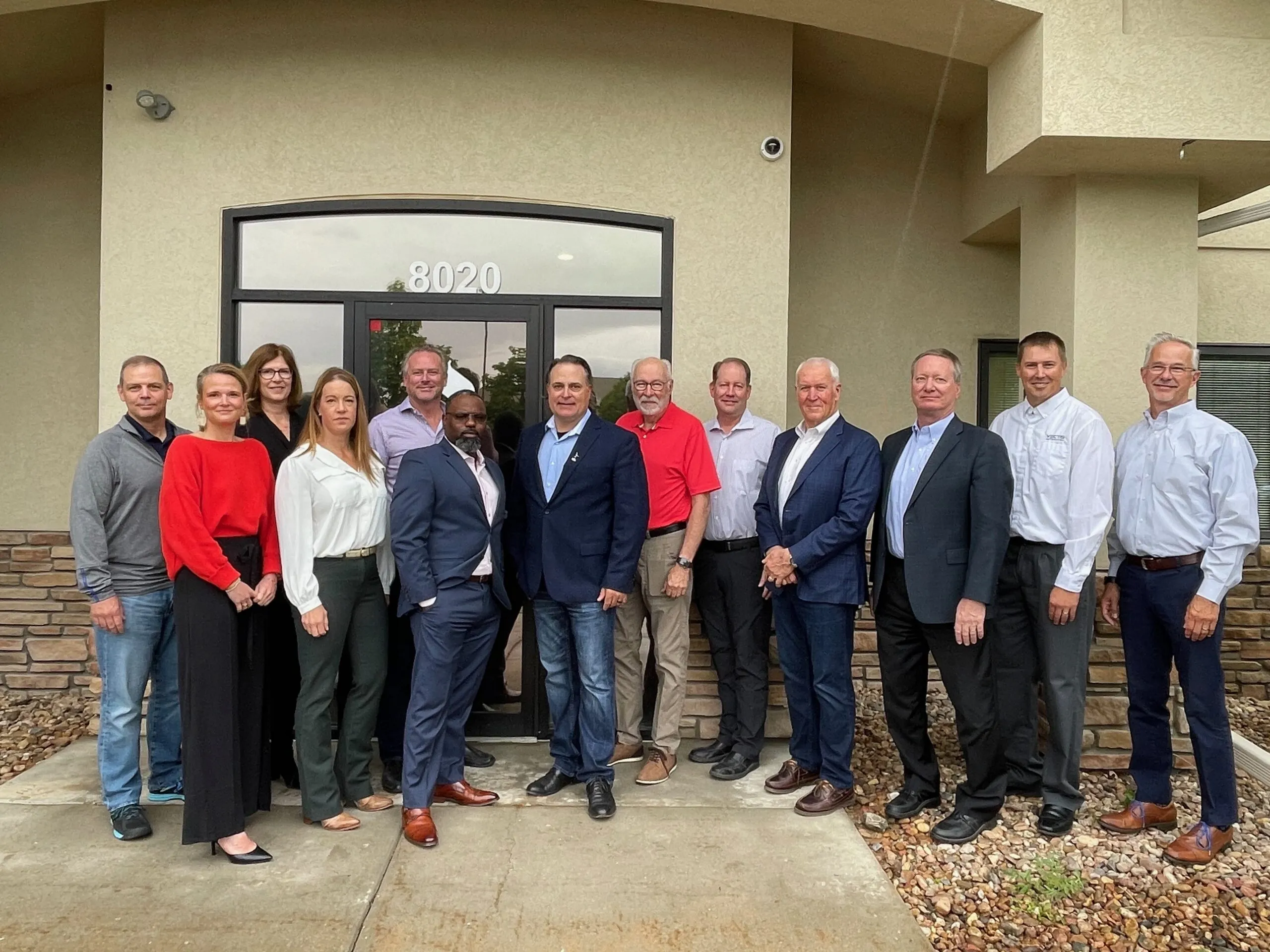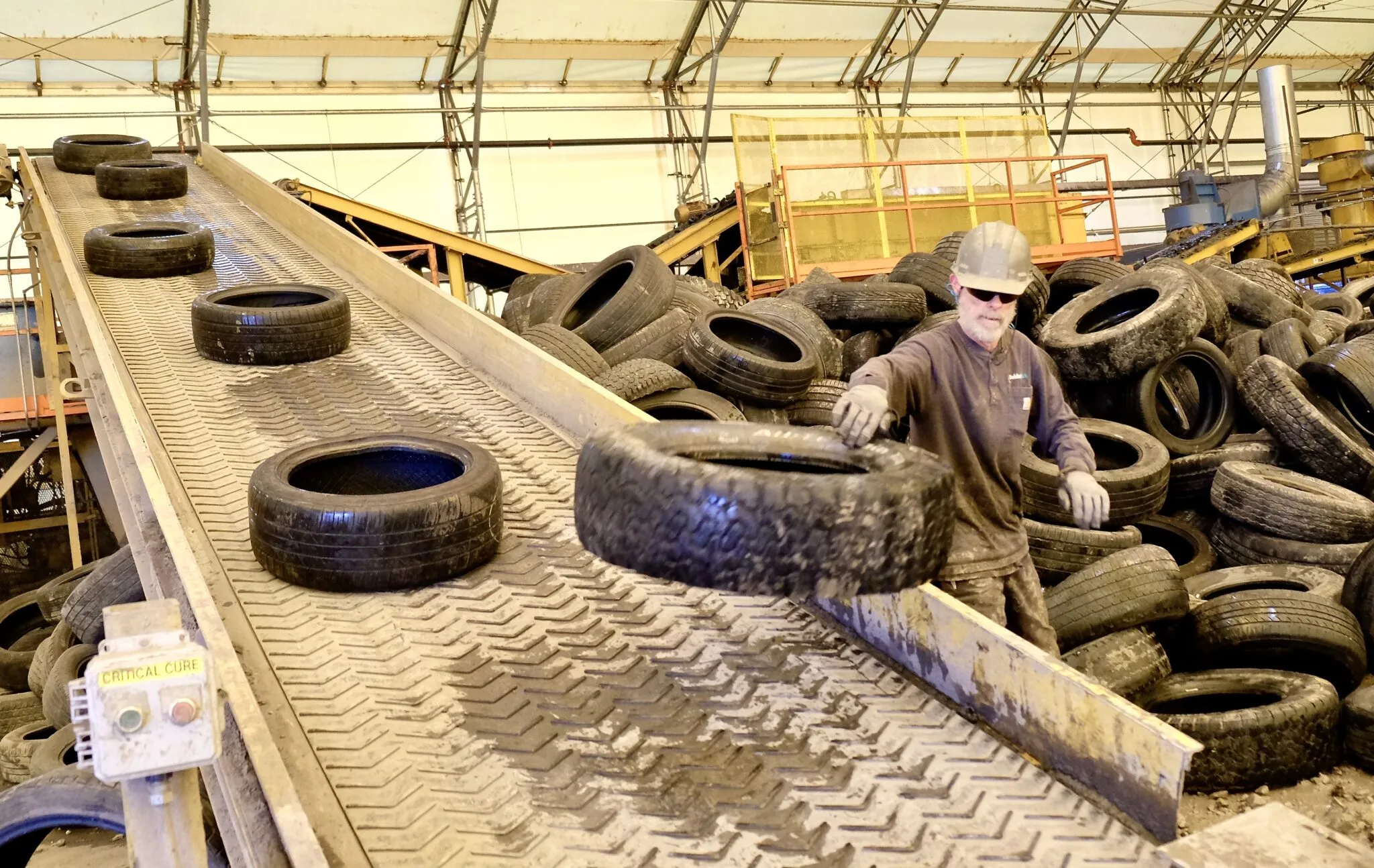CEO Roundtable: Manufacturers move more operations onshore

WINDSOR — Manufacturers in Northern Colorado are well aware of the hurdles that made doing their work a challenge beyond historic comparison during the pandemic. The solution: They’re moving more of their supply chains closer to home.
Supply-chain delays and product shortages during the pandemic became acute. They meant having to partially build commercial lawn mowers at Walker Manufacturing Co., for example, because not all the parts were available to complete the jobs.
They meant having to wait months for shipping containers to be unloaded at the Port of Los Angeles for Envirotech Services Inc.
Manufacturing executives met with BizWest today at the…
THIS ARTICLE IS FOR SUBSCRIBERS ONLY
Continue reading for less than $3 per week!
Get a month of award-winning local business news, trends and insights
Access award-winning content today!




